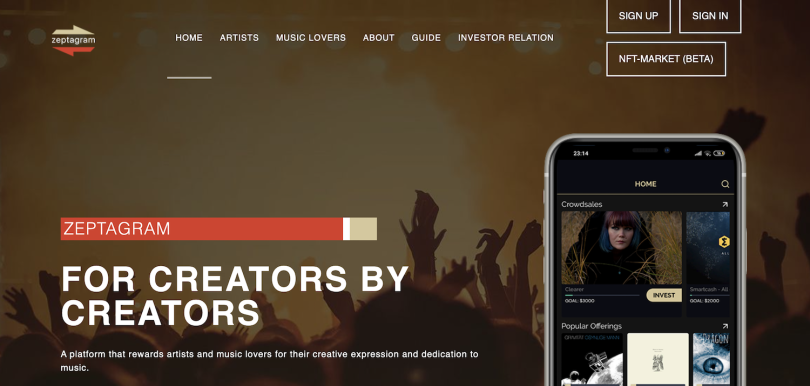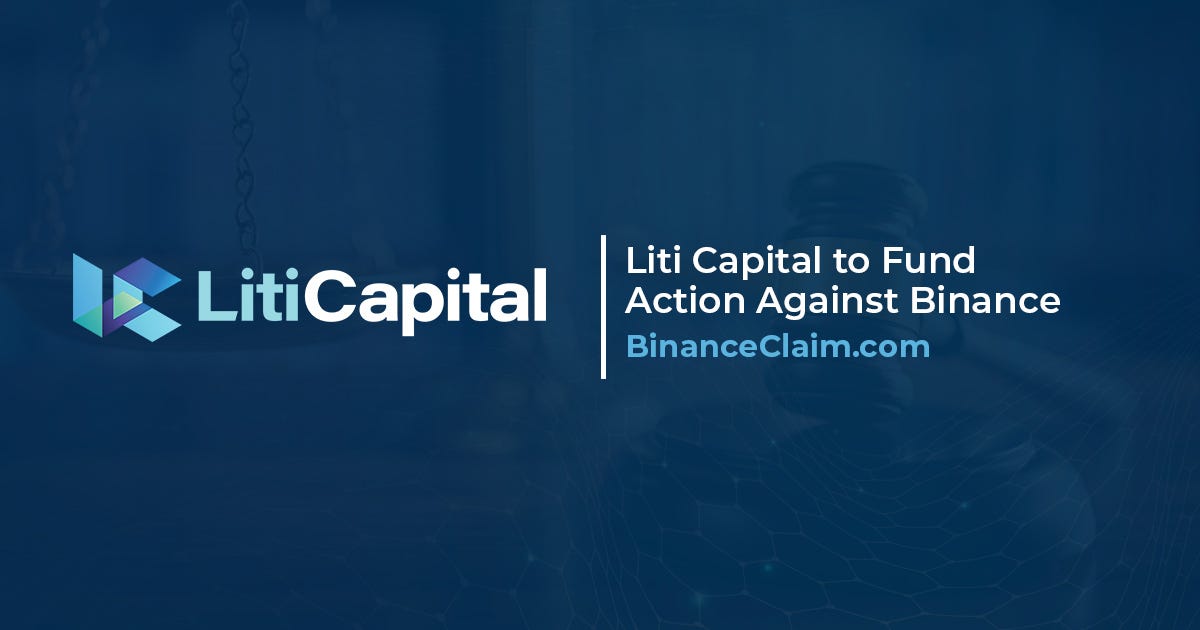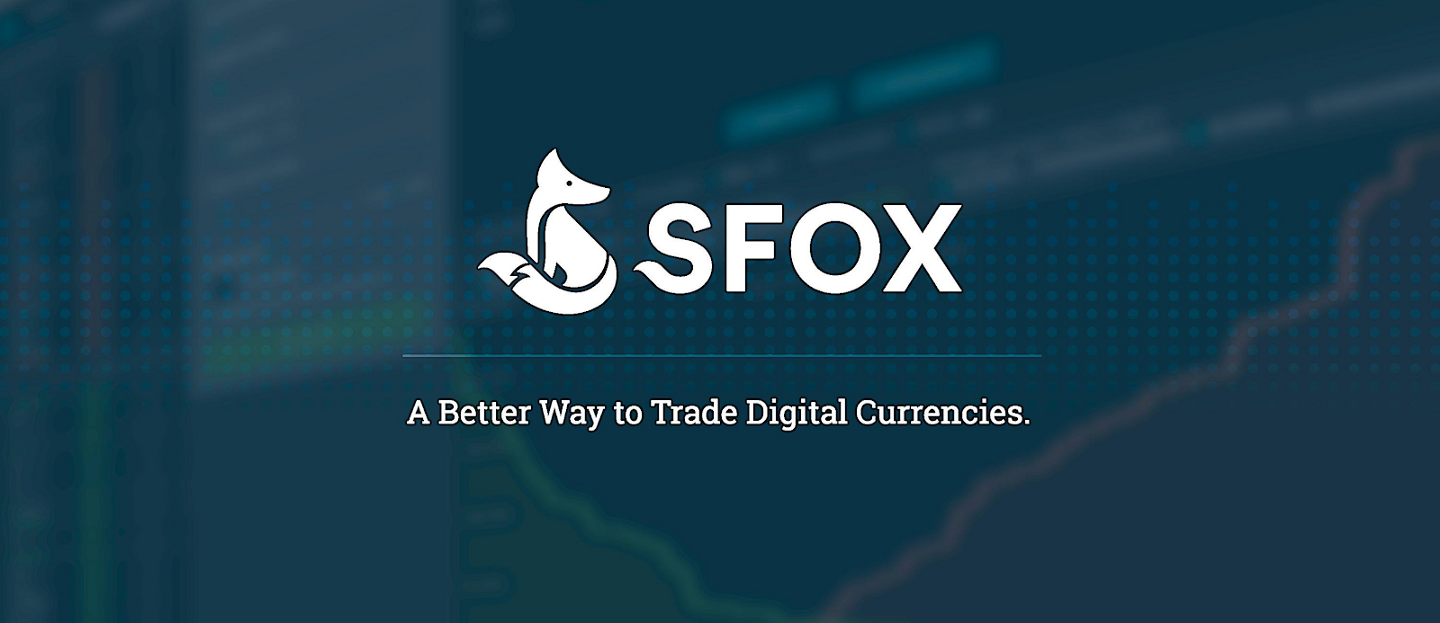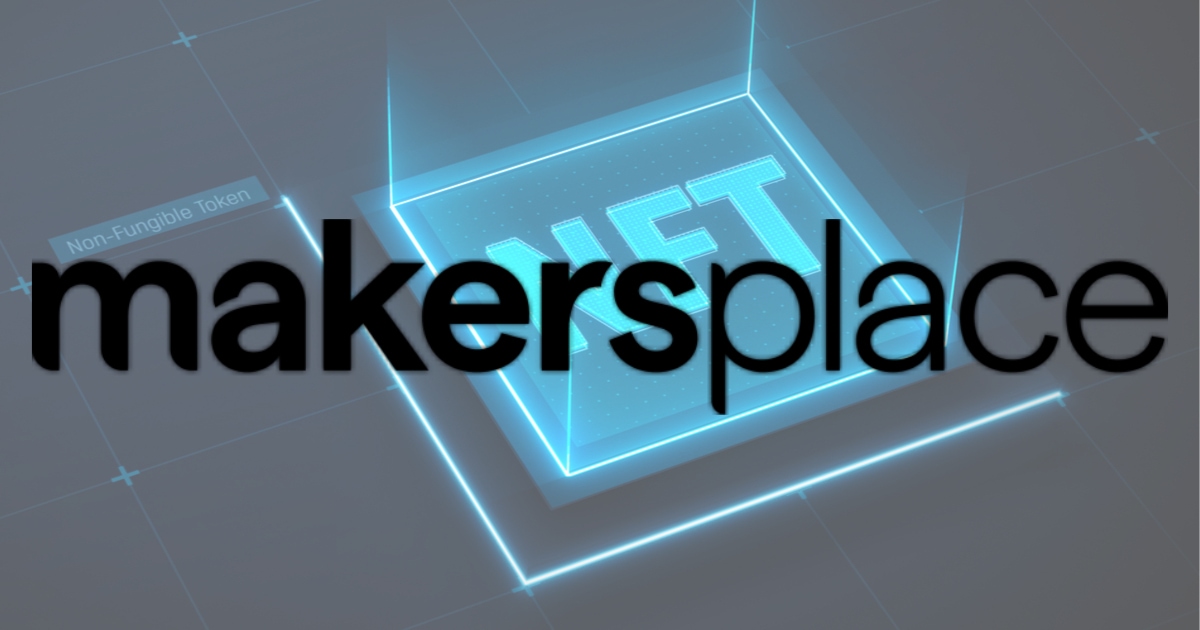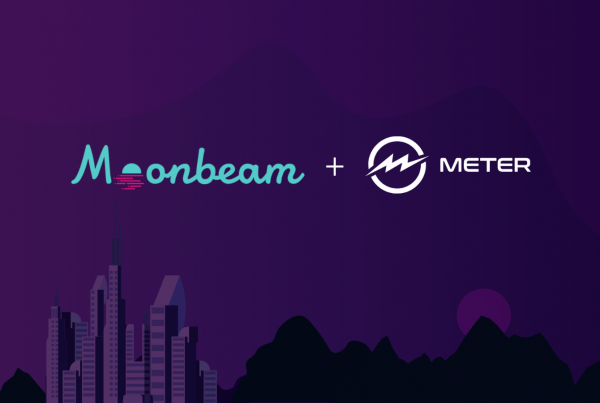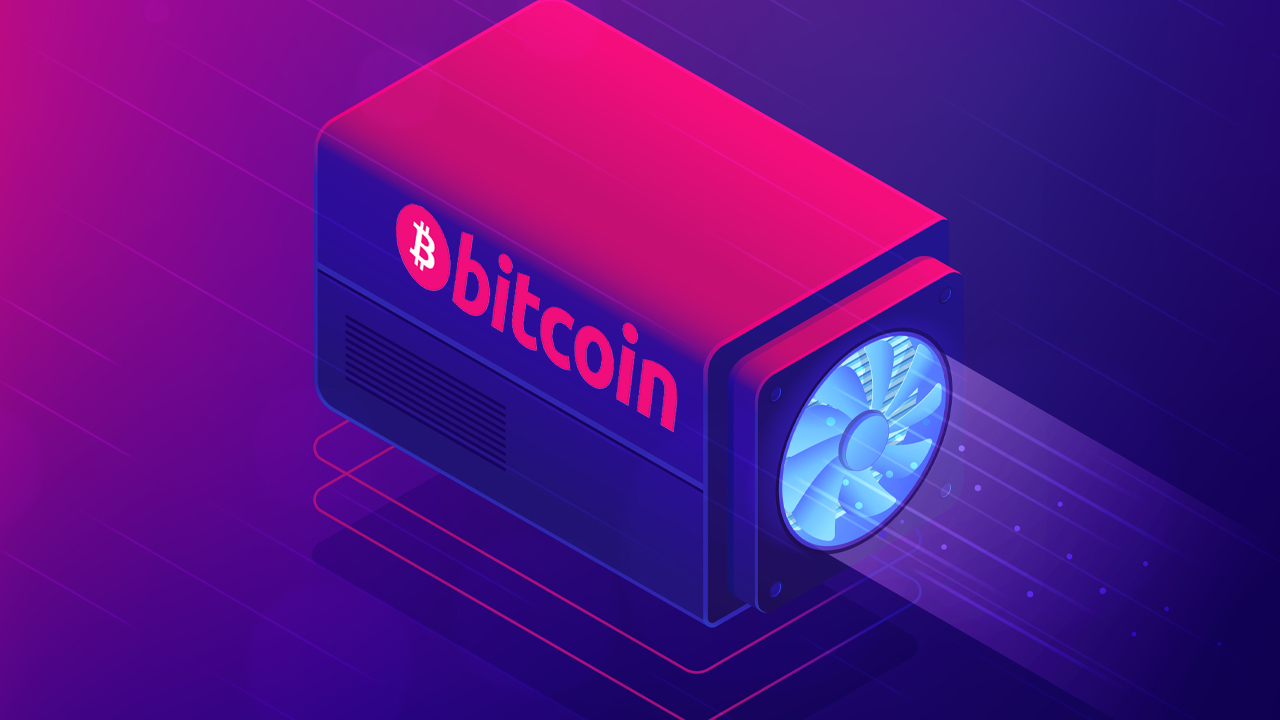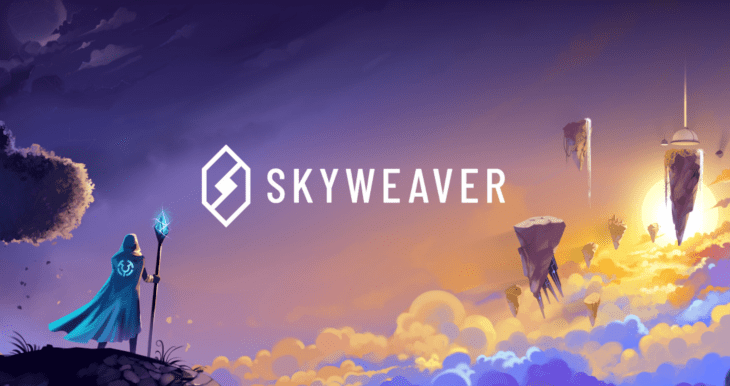Context
After much delay, the highly anticipated update that everyone in the crypto community has been waiting for is finally here, namely Ethereum&39s (ETH) London hard fork. The significant upgrade had gone live at block 12,965,000 at approximately12:40 AM UTC.
The world&39s second-biggest cryptocurrency by market capitalization has now finally deployed one of its most anticipated network enhancements, EIP-1559. The hard fork includes various upgrades known as EIPs (Ethereum Improvement Proposals), the most anticipated of which is undoubtedly EIP 1559.
What Does This Mean For Ethereum?
The update brings many EIPs to the blockchain as aforementioned, including EIP-3198, EIP-3529, EIP-3541, and EIP-3554. However, as previously stated, it is the EIP-1559 upgrade that has received the most community engagement and support.
EIP-1559 seeks to enhance Ethereum&39s gas fee market by instituting a base charge, which means wallet providers and consumers would be made aware of the cost of a transaction beforehand (in the past, it was compulsory to participate in a gas fee bid to miners, which meant that several users would often end up over or underpaying to have their transactions be added to the next block).
In other words, EIP 1559 reconfigures the fee system of Ethereum. Rather than its prior auction-based approach, wherein users paid the highest fees to have their respective transactions be included, the new and relatively much quicker Ethereum that has resulted from the post-London update features a dual structure. Under this new model, the authorization of any transaction will now require users to pay miners with a &39basic fee&39 plus tip. Base fees are burnt on a regular basis.
Although the tip rates may be changed by the dApp (decentralized application) user as well as the ETH holder, the &39base fee&39 rate is determined by the consensus. So, whenever the block reaches half of its capacity, the base fee rate rises.
Why Is This Update So Important?
Soaring gas prices have generated many difficulties and caused frequent congestion on Ethereum in the past, which was the case with the recent Stoner Cats NFTs situation. Ethereum is the most extensively used public blockchain at the moment, and so if it desires to maintain its dominance and sustain its continued usage and popularity in the industry, then these problems would have to be solved and that is exactly what the crypto community hopes the London hard fork will accomplish.
A popular misunderstanding however is that the update would lower gas prices, which is not exactly the case. Instead, it is more accurate to state that it will minimize the volatility of gas fees. EIP-1559 will not significantly lower network costs, but it shall make fees more foreseeable for consumers, therefore improving the overall experience for users.
EIP-1559 was initially suggested in 2018 as a way to improve on Ethereum&39s auction-based fee mechanism, however, Vitalik Buterin originally outlined early thoughts for the upgrade on the Ethereum blog in 2016.
How Will Ethereum Deal With Inflation?
EIP-1559 also marks a significant alteration to Ethereum&39s monetary policy. As of now, every transaction with a base fee paid in ETH will be destroyed and withdrawn from circulation. Earlier, miners got the transaction fee, but EIP-1559 reduces the incentive for miners to influence the network by rearranging blocks, lowering the Maximal Extractable Value (MEV).
Furthermore, the miners shall only acquire a tip on top of the standard fee, which will assist them in determining which transactions to prioritize in a new block.
Deflationary Pressure
As of the time of this writing, EIP-1559 has already managed to burn ETH worth $1 million. The new upgrade burns the basic fee from all Ethereum transactions, which results in the reduction of the ETH supply. Meanwhile, the price of ETH has increased by more than 6% in the last few hours. Additionally, a handful of deflationary blocks have been successfully committed to the chain as of now, with the quantity of ETH burnt to be more than the block rewards, which is 2 ETH.
The burning of the fees will end up administering additional deflationary (or downward) pressure on ETH. Provided that there is a satisfactory amount of activity on the Ethereum network, ETH may become the very first deflationary cryptocurrency asset. According to Justin Drake (a cryptography researcher currently working at the Ethereum Foundation), the blockchain&39s different scaling solutions should boost the pace at which the fees burn, which he describes as "very optimistic and highly bullish".
In recent weeks, the story around ETH&39s deflationary pressure has also granted the asset positive impetus. ETH is presently trading at approximately $2,800, which is an increase of over 20% in just the last week.
While some have predicted a "sell the news" scenario that would cause ETH to fall in price, evidence shows that ETH might reach $3,200, however, only time will tell whether the so-called "king of the altcoins" can reach that mark again, or if the price shall indeed dip once more. Nevertheless, the abovementioned hard fork represents a key step forward for ETH 2.0 and the eventual transition to a full Proof of Work (PoW) model, rather than its current Proof of Stake (PoS) mechanism. Lastly, investors are happy that an alternative token to ETH had not been created which had been one of the main causes of concern prior to the launch of the update.


